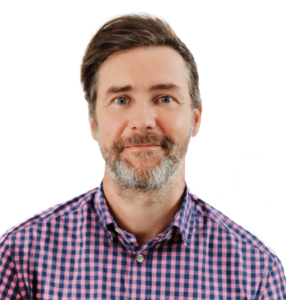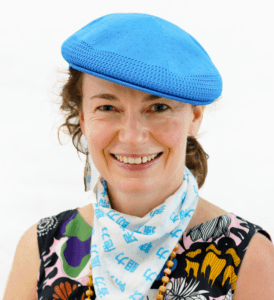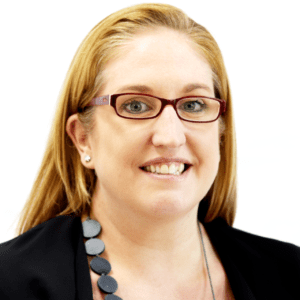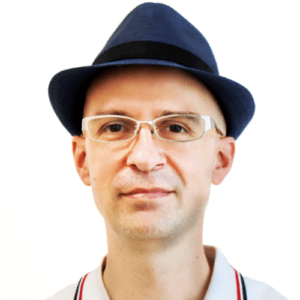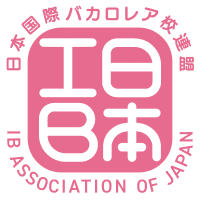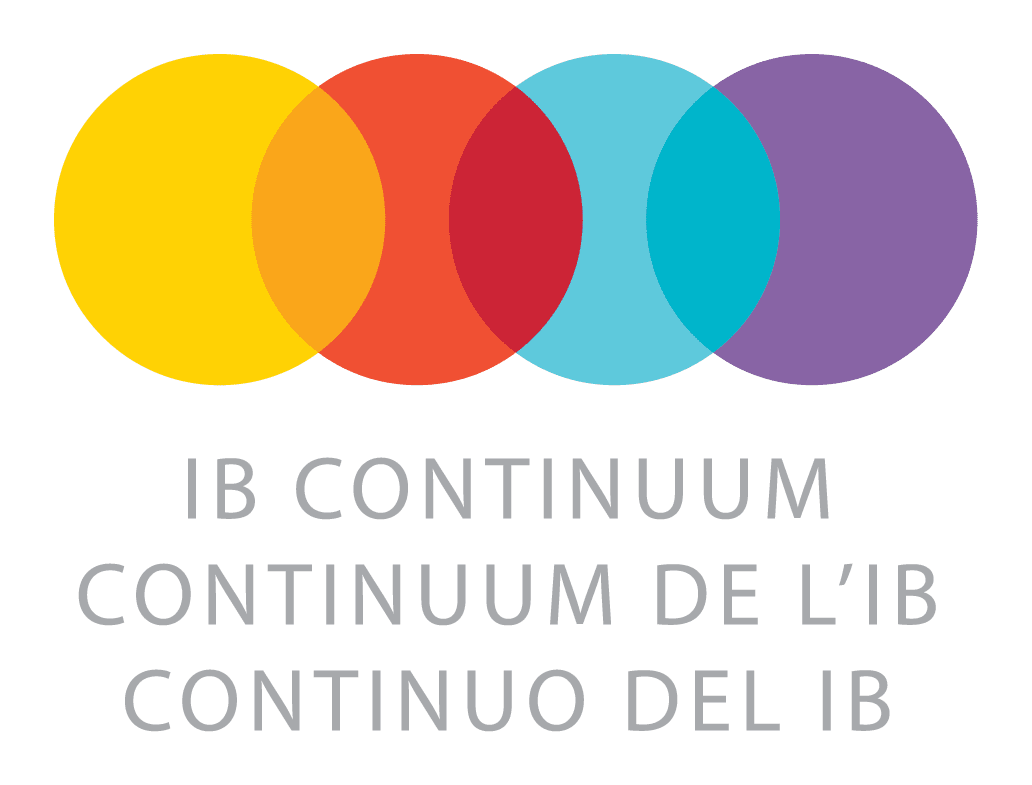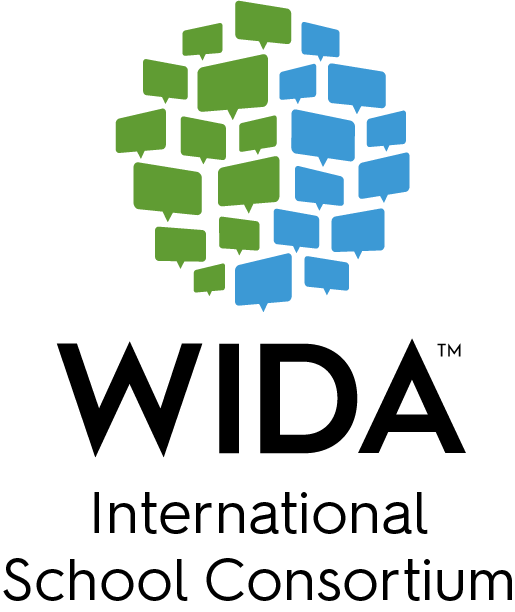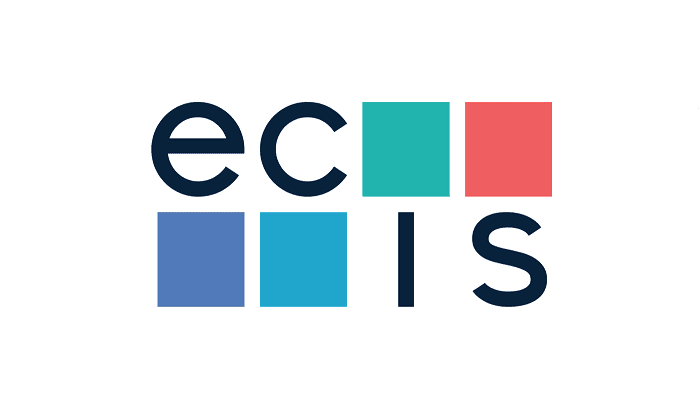Ted Brugman, Counselor, on the Meaning of Transformation

I remember my first assignment in graduate school was to write a reflective paper on our personal belief on “change”. It’s been roughly 10 years since I completed the assignment, and honestly…I still remain just as uncertain.
Human change is a hard thing to capture. And facilitating meaningful change in a school setting is rarely immediate, simple, or measurable.
Frankly, I think educators sometimes overestimate the difference they make, and conversely students often grossly underestimate their own ability to make a change and see growth in themselves. I sometimes even question whether people do change at all? I’ve never actually been to a high school reunion, but I have a sneaky suspicion that the most commonly expressed sentiment at such an affair is somewhere along the lines of “wow, you haven’t changed at all.”
The point being, I’m not much for schmaltzy takes on metamorphosing.
However, with all this said, believe me, I am acutely aware that my chosen profession revolves specifically around the notion that we (I) can and do make a meaningful and positive impact in the lives of others. So, yes, of course…I absolutely do believe change is possible.
In fact, change is inherent and inescapable. We are changing every day, all the time. In the time it takes to read this sentence you are biochemically different than when you started. You are older than you have ever been right now, in this second, than you have ever been in your entire life. And while you have had many days before, this is the first time you have ever been this age on this new day. The novelty and motion of adolescence (or any age and time) is a grand opportunity to harvest change.
But the real seed for change is attitude (or belief). Viktor Frankl (Holocaust-surviving psychologist and author of Man’s Search for Meaning), expounded on this idea: when we have a “why” we can bear any “how.” On my wall, in my old office in Denver, Colorado, I had the following Frankl: “Between stimulus and response, there is a space. In that space is our power to choose our response. In our response lies our growth and our freedom.” In other words, our ability to change is derived from our attitude in any given situation. What’s more, our belief about self and our environment is the largest single indicator for growth, learning, or change.
Helping a young person cultivate an attitude or belief about self is ultimately rooted in our ability to create healthy and supportive relationships. My goal when working with students, parents, teachers, any stakeholder, is to be authentic and unconditional. I suppose, in a similar vein as Carl Rogers, I believe the conditions of genuineness and positive regard create the opportunity for change.
Rarely are there simple answers to complex challenges; and human beings, particularly young ones, are infinitely complex. However, my hope for my work at OYIS is to foster healthy relationships and a supportive environment, so to give our students the best opportunity to grow into their best selves.
Brendan O’Leary
Brendan O’Leary: What is Transformation at OYIS? At OYIS, we...
Read MoreJanelle McNeill
Janelle McNeill, On Transformation in Early Childhood I’m lucky enough...
Read MoreEmily Donkin
Emily Donkin, External Programs Coordinator The External Programs, in particular...
Read MoreVladimir Jocic
Vlad Jocic, Music Teacher, on Transformation Through encountering their tasks,...
Read More